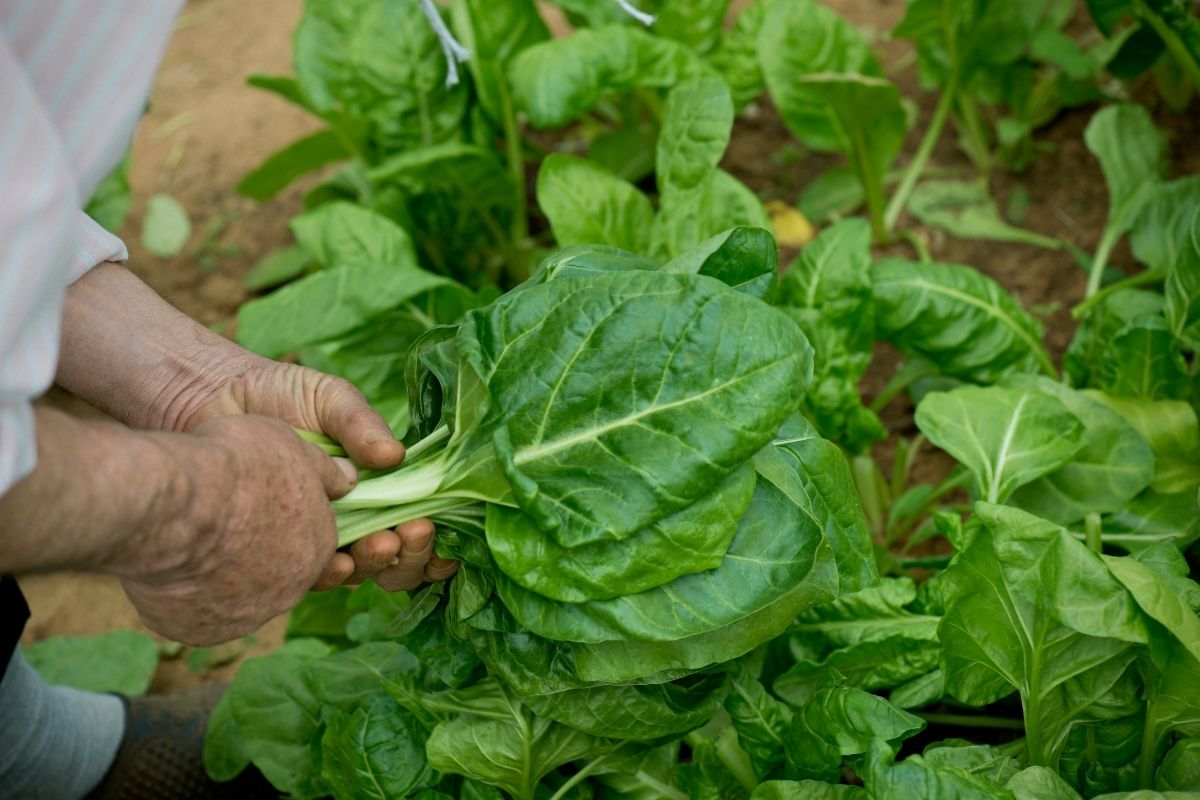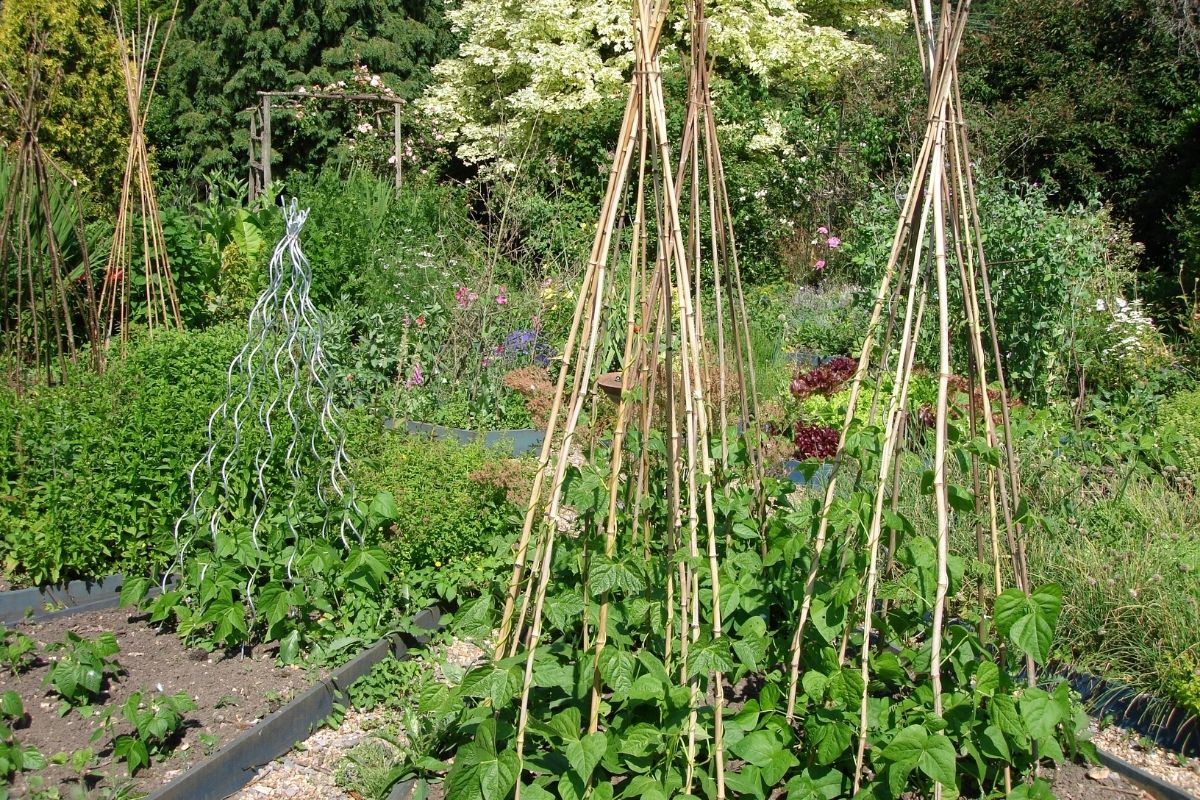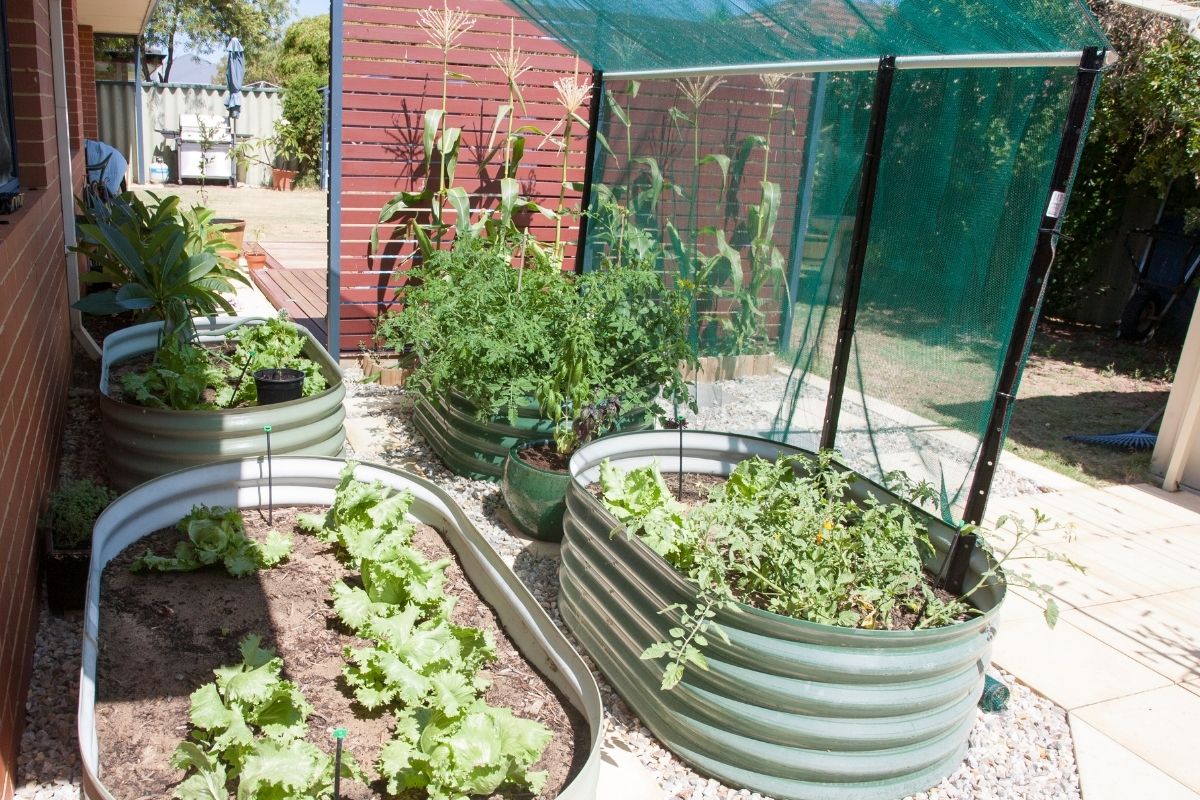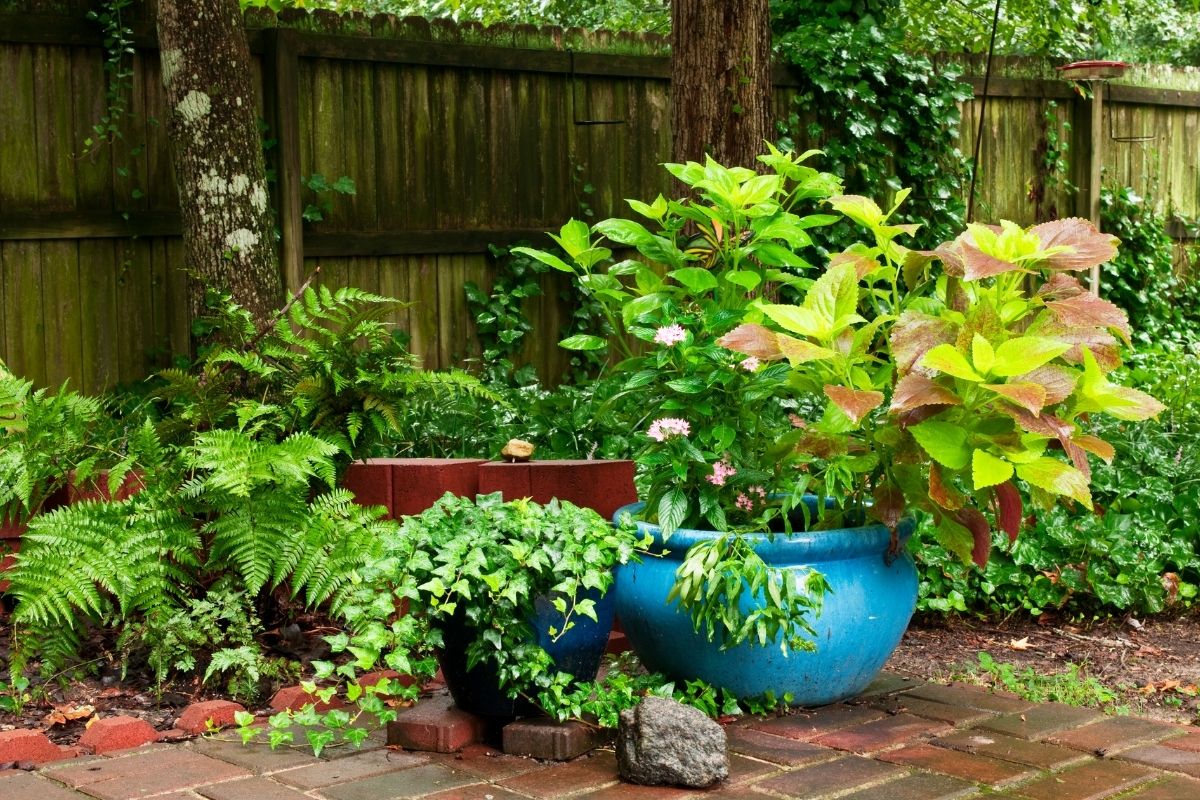Although gardening can provide hours of satisfying leisure time, even the most dedicated gardener deserves a break occasionally. Summer holidays are usually taken at the height of the growing season when the weather is hottest, the plants are at their most vigorous, and your attention is most needed to keep things under control.
How can you help your garden survive in good health until you return, refreshed from your break?
Recruit a Caretaker
If at all possible, asking a housemate, friend or family member to help out and watch over your garden is a good solution. They could handle routine watering, perhaps a little light weeding, checking for pests, and even harvest some crops for themselves as a thank you for their work.
Whether or not you can enlist outside help, it's important to prepare your garden in advance so that as little as possible needs to be done while you're away. Here's a brief guide to the most important jobs to do before you leave for your break.
1. Plan Your Harvests
After all your hard work of sowing, watering and weeding, it'd be a hugely disappointing waste if harvest time came and went while you were unable to enjoy the results. With most crops, it's better to harvest a little before you go rather than miss out on the whole crop entirely, so before you leave take a look at which plants are getting near to their peak condition. For example:
- Lettuce, salad leaves, and soft herbs will all be perfectly edible even if they're still on the small side. Harvesting early will ensure that they don't go to seed in the summer heat.
- For many leafy crops, harvesting a few leaves or cutting the plant back hard will provide a pre-departure harvest, but also slow down growth for a few weeks before giving a second crop after you've returned. You can harvest the outside leaves of silverbeet, rocket, chinese cabbage and kale amongst other leafy veg.
- Unripe tomatoes can be picked and left to ripen off the bush or vine. If they're nearly ripe, take them with you or give them to friends. For greener tomatoes, leave them in a cool, dry place out of direct light and they'll likely still be ripening when you return.
If harvesting early means you have more produce than you can eat yourself, it's much better to give any surplus away rather than leave it to spoil unpicked.
2. Plan Your Planting
It's also sensible to avoid sowing seeds or transplanting seedlings too close to when you'll be away. In both cases, plants at these vulnerable stages usually need daily care to help them become established.
Of course, you may be able to scatter some slow-germinating herbs such as parsley just as you leave, but always check for estimated germination times to make sure tender seedlings won't appear while you're away.
If you have very small seedlings in trays or punnets, you may be able to take them to a friend’s house so they can care for them until you’re home again. It’s not an ideal solution, but trays can also be left in the shade sitting on a tray of very shallow (1-2cm) water to get them through just a few days.
3. Tidy Your Garden
At the peak of the growing season a couple of weeks of neglect could see you returning to an overgrown jungle. Giving your garden a thorough tidy before your holiday will help to keep things in check.
- Weed your garden beds even more carefully than you usually do, to ensure there are no weed seedlings ready to take over while your attention is elsewhere.
- Top up mulch so that it will continue to suppress weeds and retain moisture.
- Provide support now for plants that will need it later on, even if it's a little early. Stake tomatoes, train vine tomatoes and cucumbers to their supports, and tie in any other climbers as needed.
- Check your entire garden for any early signs of pests and take any necessary protective action. If you use slug pellets, homemade sprays or any other routine treatments, add an extra application to the schedule before you leave rather than delaying a treatment until you return home.
4. Prepare Pots and Containers
Pots and containers dry out more quickly than garden beds, particularly in sunnier weather. However, there are several things you can do to reduce the risk of water stress.
- Place containers in deep saucers and fill them with 3-5cm of water before you leave. This will help keep the soil moist without leaving the roots sitting in water, and will also catch any rainfall while you’re away.
- Consider adding water-storing granules to the potting mix, or bottle top watering spikes to slowly add a little extra water while no one’s home to take care of watering.
- Relocate pots to shadier areas where possible, such as under a tree or at the side of the house. Also move them out of windy areas to keep evaporation down.
5. Provide Some Temporary Shade
Container plants aren't the only ones to benefit from some temporary shade. Even sun-loving plants might do better out of direct light during your holiday period, as it'll put a temporary slowdown on growth as well as conserving water.
If possible, rig up some temporary cover over the veggie patch, for example using shade cloth or heavy netting supported by garden canes. Or for a quick-and-easy solution, positioning an old beach umbrella to block the sun during the hottest parts of the day also works well.
6. Watering the Garden
Unless you can count on some rain while you're away, you'll also need to reduce the risks of your garden beds drying out.
- Water the beds deeply before you go to make sure there's plenty of moisture in reserve.
- If you use an irrigation system or timed sprinklers, check that they're working correctly in plenty of time before you leave.
- Treating veggies beds with a soil wetter can help them to retain water for longer. Commercial wetter and conditioner treatments are widely available, although some people find adding a little horticultural soap when watering works just as well.
7. Indoor plants
Lastly, don't forget to prepare your indoor plants before you leave. Water them thoroughly to ensure the soil is fully wet, but let the pots drain afterwards so that the roots aren't sitting in water.
To help them retain moisture for longer, collect the pot plants together and set them on a wet towel in a plugged sink or bath. You should avoid leaving the pots in direct sunlight, so this might rule out the kitchen sink in many homes. A bathroom is usually the better option as it's often cooler and has a little more shade, but make sure any particularly light-loving plants won't be sitting in deep gloom for the full time you're away.
For a keen gardener it's only natural to worry a little about what might happen while you're on holiday. But following these steps will get your garden in the best possible shape to survive your absence so you can relax and enjoy your break with peace of mind.









